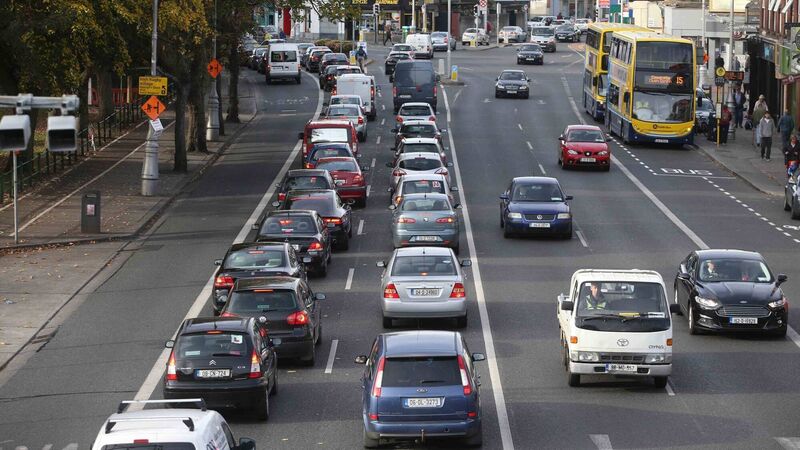Congestion charges, removing parking spaces for civil servants, and lower insurance costs for those who drive less are new proposals for cutting congestion on the roads.
Transport Minister Eamon Ryan on Wednesday received Government approval for the draft Moving Together transport strategy, which will go to public consultation in April. While the document does not make any changes or set any rules, it does contain suggestions for changing the level of demand on roads.
Already a subscriber? Sign in
You have reached your article limit.
Subscribe to access all of the Irish Examiner.
Annual €130 €80
Best value
Monthly €12€6 / month
Introductory offers for new customers. Annual billed once for first year. Renews at €130. Monthly initial discount (first 3 months) billed monthly, then €12 a month. Ts&Cs apply.
CONNECT WITH US TODAY
Be the first to know the latest news and updates











